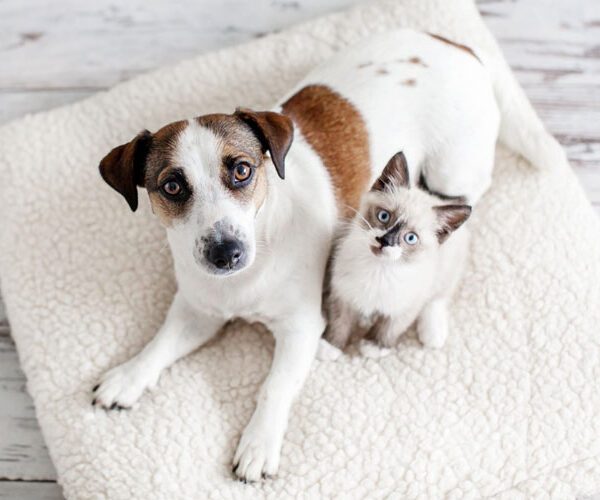As pet owners, we understand the importance of providing our furry companions with the best care possible, and that includes their dietary needs. When it comes to pet sitting, ensuring that our pets receive the right nutrition is paramount for their health and well-being. In this blog, we’ll explore the world of specialized dietary plans in pet sitting, discussing the benefits of customized meals and how pet sitters can play a crucial role in maintaining a balanced diet for their temporary charges.
Understanding Specialized Dietary Plans:
Gone are the days of a one-size-fits-all approach to pet nutrition. Just as humans have diverse dietary needs, so do our beloved pets. Specialized dietary plans take into account factors such as age, breed, weight, activity level, and any existing health conditions to tailor meals that meet individual requirements. From raw feeding and homemade diets to therapeutic meal plans prescribed by veterinarians, there are various options available to address specific dietary concerns and optimize pet health.
Benefits of Customized Meals:
The benefits of specialized dietary plans extend far beyond simply filling up your pet’s food bowl. By providing tailored nutrition, pet owners and pet sitters alike can promote better digestion, support immune function, maintain healthy weight, and improve overall vitality in their furry companions. For pets with allergies, sensitivities, or chronic health issues, such as diabetes or kidney disease, customized diets can help manage symptoms and enhance their quality of life.
Navigating Specialized Diets in Pet Sitting:
As a pet sitter, understanding and implementing specialized dietary plans requires clear communication and collaboration with pet owners. Prior to the pet sitting assignment, it’s essential to gather detailed information about the pet’s dietary preferences, restrictions, and any specific feeding instructions. This may include meal schedules, portion sizes, food allergies, and preferences for certain brands or types of food. By adhering to the provided guidelines and maintaining consistency with the pet’s regular diet, pet sitters can ensure a smooth transition and minimize any potential digestive upset or stress for the pet.
Tips for Success:
Communicate openly with pet owners to gather comprehensive information about their pet’s dietary needs and preferences.
Follow feeding instructions meticulously, including portion sizes, meal schedules, and any special considerations.
Monitor the pet’s appetite, digestion, and overall well-being throughout the pet sitting period, and report any concerns to the owner promptly.
Keep a record of the pet’s dietary intake and any observed changes in behavior or health to provide feedback to the owner upon their return.
Stay informed about current trends and best practices in pet nutrition to offer informed guidance and support to pet owners seeking dietary advice for their furry friends.
Fort Lauderdale Pet Sitting
In the realm of pet sitting, providing optimal nutrition is an essential component of comprehensive care. By embracing specialized dietary plans tailored to individual pets’ needs, pet sitters can contribute to the overall health, happiness, and longevity of their temporary charges. Through open communication, attention to detail, and a commitment to excellence, pet sitters play a vital role in nourishing pets and ensuring they thrive in their owners’ absence. Call Fort Lauderdale Pet Sitting today at 954-405-7173





